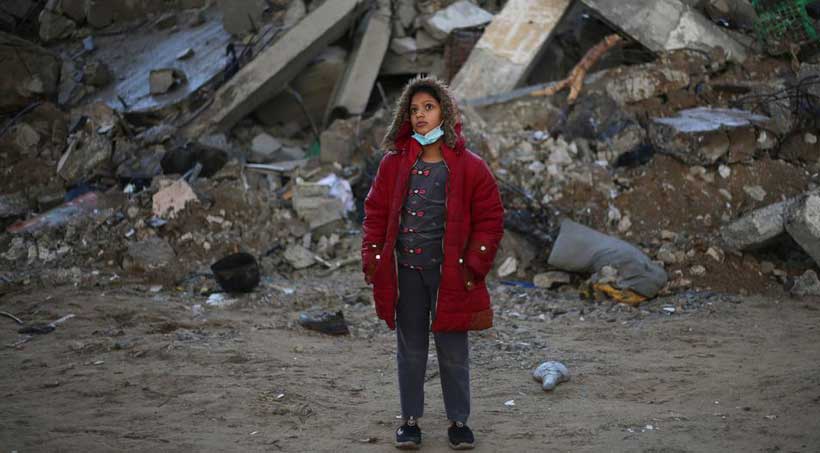As parents, we raise our children to believe that education is the lifeline to the future. We tell them that, if they are studious and “complete” their education, they will go on to be successful, in a career and in life. If we truly believe this for our children, then we must consider the millions of children world-wide who do not have access to education because of conflict. If education is the pathway to success, where does that leave them, and what are the consequences for all of us as a global society? When the path to education is blocked by war, a generation of young people become trapped in a cycle of poverty, trauma, and lost potential.In the context of ongoing conflicts, particularly in regions like Gaza, the impact of war on education is stark and devastating.
Education caught in conflict
Many of us see conflict as finite – it has a beginning and end, like the war movies we watch on television. We probably think of subsequent interruption of education in the same way; schools are closed because of war, and when the war is over they will reopen and life will continue. If this was true, it would still have serious consequences; the World Bank estimates that countries affected by conflict lose about 10% of their GDP each year due to disruptions in education. However, the reality is that conflict is often ongoing. Gaza has long been a “young” society, with over 70% of its population under 30, meaning the vast majority of people should have access to some kind of education, whether it be basic primary and secondary school, or higher education.
Yet, years of conflict have devastated its education system. Schools and universities have been bombed, leaving students without classrooms, teachers, or even basic materials. According to UNICEF, over 645,000 school children in the Gaza Strip have lost a full academic year since the 7th of October, 2023, and it is likely this academic year will also be lost. Of those schools that have not been destroyed, many are being used as shelters for the estimated 86% of the people in Gaza who have been displaced. Scores of young people have no place to learn, and cannot learn to their full potential anyway because they lack basic needs like safety, food, and housing, not to mention the emotional and psychological trauma that will affect them for years to come.
A lack of continuity
Even those who manage to escape Gaza or other conflict-affected countries face huge challenges in continuing their education elsewhere – and this is where it becomes a problem that affects all of us. Did you know that, according to UNHCR, refugees spend an average of 17 years in their host country? Upon arriving in their new, “temporary” home, refugees face a myriad of obstacles to accessing education. Many you can imagine – language and cultural barriers, differences in education systems and gaps in learning. But one of the first challenges they face is a lack of documentation. When your previous school records and all your other papers have been destroyed, and the school you went to no longer exists, how do you prove what grade you should be in, or how far you were in university? This leaves us with a “lost generation” of young people who are unable to rebuild their lives or contribute to their communities. And that’s a loss not only for the refugees themselves but for the host countries too, which miss out on the skills and talents these young people could bring to the workforce. The refugees are seen as a burden on the community, instead of the asset they could easily become if given the access to education which is their fundamental right.
Education at a cross-roads
In global discussions about conflict and how it affects access to education, the focus is usually on primary and secondary education. But for post-secondary, or “higher” education, the impact is even more pervasive and long-lasting. Higher education is not a luxury—communities must be rebuilt after conflict. Higher education is critical to producing the engineers, doctors, teachers, and all the other professions that are the foundation of any society. And yet, globally less than 6% of young refugees are pursuing higher education. Without higher education, it can be nearly impossible for a person to break the cycle of poverty caused by war. In turn, the lack of an educated workforce often leads to further conflict and violence within a society. This spiral leads to instability and further marginalization in war-torn countries, and can lead to animosity and bitterness between refugees and citizens in host countries.
At Education Above All Foundation, we understand this conundrum. We have provided more than 10,000 higher education scholarships to students in need. Our focus on Gaza has been unwavering and our commitment to providing refugees and vulnerable youth, including conlict-affected Afghan youth, with world-renowned education is continuous. We understand that education is a fundamental right, not an optional luxury. We are at a crossroads: we can either allow the futures of millions of young people to be casualties of war, or we can stand together to protect their right to education. The choice is simple. Refugees need education—especially higher education—to build a better life and help rebuild their country. Investing in their education is an investment in peace, stability and a better future for all of us.
